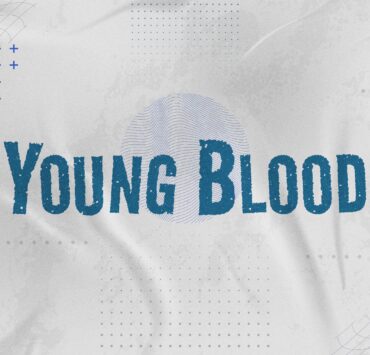Curb gambling harm

Canadian vlogger and naturalized Filipino Kyle Jennermann, best known for sharing about Philippine culture through his YouTube channel, went viral last week for highlighting how normalized online gambling has become in the country. While riding a jeepney, he noticed that the driver was repeatedly reloading money via his digital wallet to place bets on BingoPlus—gambling away his meager earnings. As of this writing, Jennerman’s post has over 25 million views, 7,000 comments, and 84,000 shares, with some users sharing their own stories of loved ones who have become addicted to online gambling.
Gambling disorder is a chronic mental health condition wherein a person has an uncontrollable urge to keep gambling despite the debilitating toll it takes on their finances, relationships, and well-being. They display certain problematic behaviors like frequently thinking about gambling, playing with increasing amounts to experience the same thrill, and feeling restless and irritable whenever they stop. Another common manifestation is loss chasing wherein they will keep playing to try to recoup accumulating debts, needing to rely on other people’s money to fund their gambling activities.
Unlike physical casinos, which require time, transportation, and substantial funds, gambling sites are accessible anytime and anywhere. People can easily open an app, cash in a small amount from their mobile wallets, and start playing immediately. Online gambling is not only instant and convenient, it is also discreet, making it easier to spiral into addiction unnoticed. Aggressive marketing tactics in the form of flashy ads, “free bonus” incentives, and celebrity endorsements easily lure vulnerable users. Local support groups for problem gambling have reported an alarming increase in callers to their hotlines, especially among women.
Problem gambling cuts across all socioeconomic levels, but research consistently shows that individuals from impoverished neighborhoods are at the highest risk. Behavioral economists point out that poverty creates a unique psychological state where high-risk, high-reward decisions seem rational despite their dangers. Many low-income individuals end up betting money they can’t afford to lose because they see gambling as one of the few available and accessible opportunities to dramatically improve their financial situation. This notion is reinforced by limited access to formal financial services as well as a lack of role models or mentors who can provide valuable advice.
Stricter regulations and more aggressive safeguards for online gambling services must be put in place. For instance, some countries are introducing mandatory time caps per player, loss and wager limits, and a required “cooling-off period” after a series of losses. There are also countries exploring how to incorporate algorithmic detection of distress gambling patterns.
The Philippine Amusement and Gaming Corp. (Pagcor) currently has a self-exclusion option to provide “patrons who feel that relatives or they themselves are developing a problem with gaming with the option of barring them from all gaming venues or sites.” Various individuals who have tried this have pointed out, however, that the process not only entails tedious paperwork, it does not have an online option and requires the applicant to submit physical copies of the forms to the Pagcor office. Some people also complained that bans are not always effectively implemented. If Pagcor is serious about its commitment to a fair gaming experience, it must also make the self-exclusion process easier and more efficient.
Given that digital payment apps have effectively lowered barriers to gambling participation, they must also give their users faster ways to opt out. In a message forum on gambling, several people shared how they just chose to delete their mobile wallets because they do not have a way to block the shortcut access to the games via the app. Digital payment providers have a responsibility to incorporate features that will enable users and concerned family members to restrict their access, block gambling advertisements, and even set spending limits.
While gambling platforms often come with disclaimers about their dangers and addiction risks, these warnings are often ineffective. Counter-marketing efforts should expose the harsh realities, such as exposing the true odds and emphasizing the potential for addiction and financial ruin.
The viral response to Jennermann’s post proves that this issue resonates deeply. While promoting personal responsibility and individual agency is important, it is not enough. The increase in the number of Filipinos getting addicted to gambling addiction due to online platforms should be seen as an urgent public concern. Policymakers, gaming and technology companies, and financial institutions must collaborate to create safer digital environments and enforce responsible gaming policies and safeguards.
It is no secret that the house always wins. Without proper and immediate interventions, however, the players are left increasingly vulnerable.


















